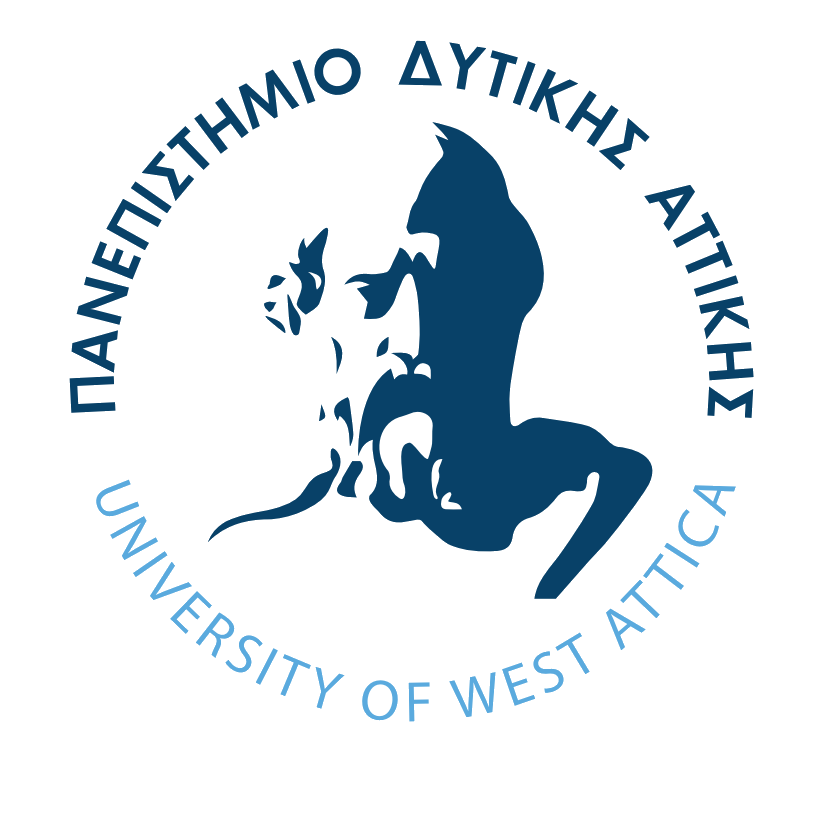Scope and objectives
The scope and objectives of STRESQLab were defined upon its establishment as follows:
The scope of the establishment and operation of the Laboratory is the development and promotion of research and teaching at undergraduate, postgraduate and doctoral level, the creation of appropriate infrastructure, the development of research programs, the provision of services inside and outside the institution and the connection with social, scientific and productive bodies on issues related to the research subject of the Laboratory.
In particular, the Laboratory aims to:
- The conduct of basic and applied research in the subjects covered by the Laboratory, in order to develop know-how and enhance knowledge at both theoretical and experimental-applied level.
- Participation in national and international research projects in order to promote cooperation and exchange of research experiences and interests with other research centers and scientific groups at national and international level.
- The creation of theoretical, scientific and technological infrastructure for the better teaching of undergraduate and postgraduate courses related to the research subjects of the Laboratory as well as the support of the research of doctoral candidates supervised by the faculty members of the Laboratory.
- The development of teaching programs for postgraduate students in the context of the research subjects of the laboratory in order to gain access to specialized equipment, necessary both for conducting advanced courses and for the preparation of dissertations.
- The connection and any form of cooperation with educational institutions and research centers in Greece and abroad, as long as their scientific objectives coincide, are in line and complement those of the Laboratory.
- The provision of specialized design and consulting work to third parties, with priority given to public sector bodies and public utility sectors. These activities promote both the interconnection of academia with productive units and the benefit of society as a whole from the development of research in higher education. At the same time, they are a source of revenue to cover the operational needs and development of the Laboratory.
The subject of the Laboratory covers Smart Technologies, Renewable Energy Sources and Quality, which include a wide range of fields such as:
- Smart Materials and Systems Technologies (Smart & Micro Grids),
- Renewable Energy Sources (Solar, Wind, Wave, etc.) and green hydrogen production,
- Application of RES in Smart Grids,
- Optimal integration of RES and distributed generation plants into Smart Power Grids,
- Energy storage with battery and hydrogen technologies,
- Power converters with emphasis on the optimal integration of RES, electric vehicles and other sources and loads into smart grids and production processes,
- Power converters with emphasis on electromobility and electropropulsion.
- Electrification of vehicles (wheeled, fixed track) and electric propulsion of ships (and flying unmanned vehicles) with batteries and use of alternative technologies (hydrogen, ammonia, etc.).
- Circular economy focusing on the reuse of electric vehicle batteries in microgrids for electricity storage.
- Blue economy and growth with a focus on blue energy, green, smart and sustainable ports and retrofitting of all kinds of marine vehicles to hybrid or electropropelled with or without hydrogen.
- Analysis of time series meteorological data and production data of RES systems,
- Quality of the Supplied Electrical Power related both to RES and in general with the aim of optimizing system operation and Energy Saving
- Smart, green and sustainable cities
- Smart, green and sustainable ports
- Intelligent e-learning / education systems, which utilize the same methods and approaches.
- Embedded systems
- Design and Implementation of telemetry systems based on Embedded Systems and IoT technologies for optimization of energy production from RES, preventive maintenance of RES systems and building automation in order to save energy,
- Design and implementation of telemetry systems for Smart Grids using smart meters based on Embedded Systems, wireless communication technologies and wireless sensor networks and development of smart contracts and smart billing/micropayments implementation techniques based on Blockchain technologies to enhance distributed energy production from Renewable Sources and V2G Electric Cars,
- Design and Implementation of street lighting control systems based on IoT technologies and Embedded Systems aiming at energy saving as well as BMS applications for energy saving in buildings and the implementation of Virtual Power Plants.


